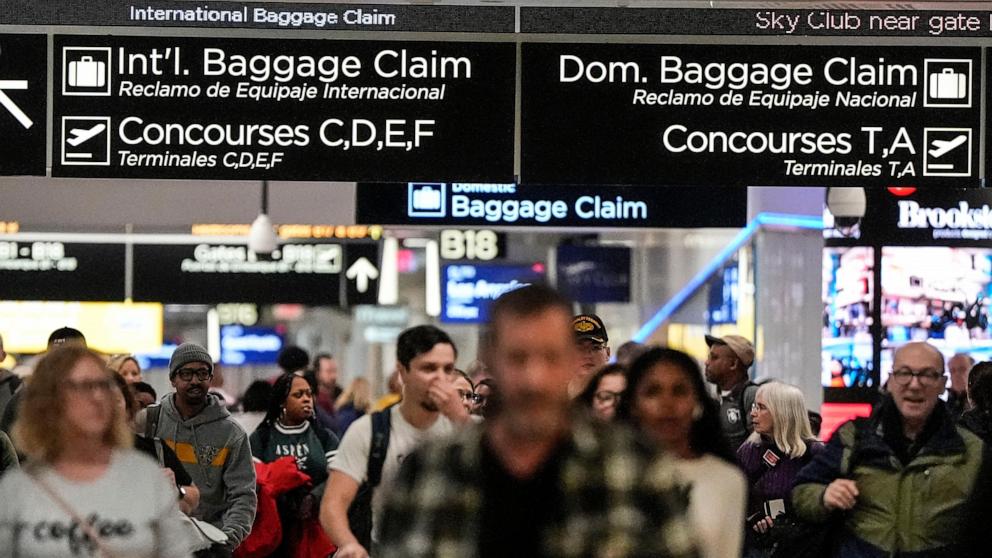In a surprising turn of events, consumer confidence in the United States has dipped in February, marking a notable departure from the optimism that characterized the previous months. This decline comes against the backdrop of mounting anxiety over the looming specter of a potential recession, despite recent indicators suggesting a robust and resilient economy.
The Consumer Confidence Index, a key barometer of Americans’ sentiment about the economy, saw a downward trend this month, reflecting a notable shift in consumer perceptions. While the exact reasons behind this decline are multifaceted, concerns about the global economic landscape, coupled with domestic uncertainties, have undoubtedly played a significant role in shaping consumer sentiment.
One of the primary factors contributing to the wavering confidence among consumers is the resurgence of recession fears. Despite the economy’s overall strength, recent geopolitical tensions, supply chain disruptions, and inflationary pressures have fueled apprehensions about the possibility of an economic downturn. The unpredictability surrounding these factors has created a sense of unease among consumers, prompting them to adopt a more cautious approach to their spending habits.
Furthermore, the lingering effects of the COVID-19 pandemic continue to cast a shadow over economic recovery efforts. The emergence of new variants, coupled with ongoing challenges in vaccine distribution and administration, has added another layer of uncertainty to the economic outlook. Amidst these uncertainties, consumers are grappling with concerns about their financial security and future prospects, leading to a more conservative stance towards discretionary spending.
The labor market, while showing signs of improvement, remains a source of concern for many Americans. While job creation has been steady, wage growth has not kept pace with inflation, leading to concerns about the erosion of purchasing power. Additionally, the persistence of labor shortages in certain sectors has exacerbated concerns about the sustainability of economic growth in the long run.
Moreover, the recent volatility in financial markets has contributed to the erosion of consumer confidence. Fluctuations in stock prices, coupled with uncertainty surrounding interest rate hikes and monetary policy decisions, have heightened anxieties among investors and consumers alike. The ripple effects of these developments have further dampened sentiment and contributed to a more cautious approach to spending.
In light of these challenges, policymakers face the daunting task of restoring confidence and fostering economic stability. Measures aimed at addressing inflationary pressures, bolstering the labor market, and providing targeted support to industries hardest hit by the pandemic will be crucial in restoring consumer optimism. Moreover, clear and transparent communication about the state of the economy and policy intentions can help mitigate uncertainty and instill confidence among consumers and investors.
As we navigate the uncertainties of the current economic landscape, it is imperative to remain vigilant and proactive in addressing the challenges that lie ahead. By fostering a conducive environment for growth and stability, policymakers can help alleviate the prevailing anxieties and pave the way for a more resilient and prosperous future.
In conclusion, while the recent decline in consumer confidence may signal a challenging period ahead, it also serves as a stark reminder of the importance of addressing underlying economic vulnerabilities. By acknowledging and addressing these concerns head-on, we can work towards building a more resilient and inclusive economy that fosters prosperity .






